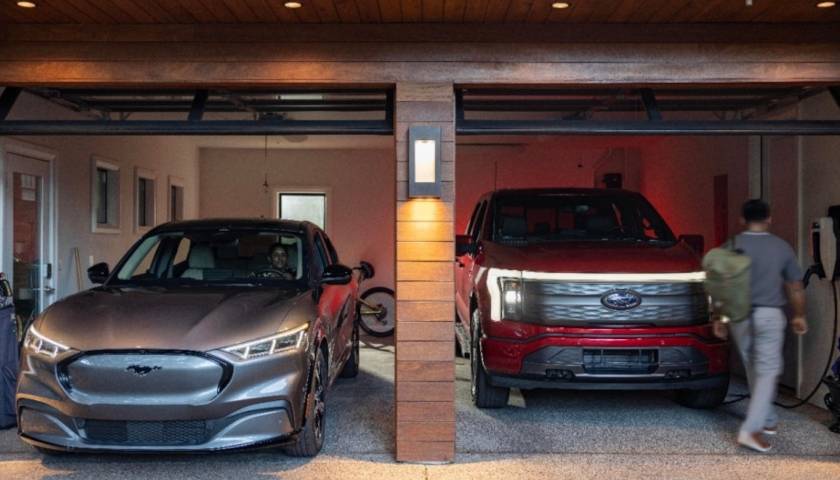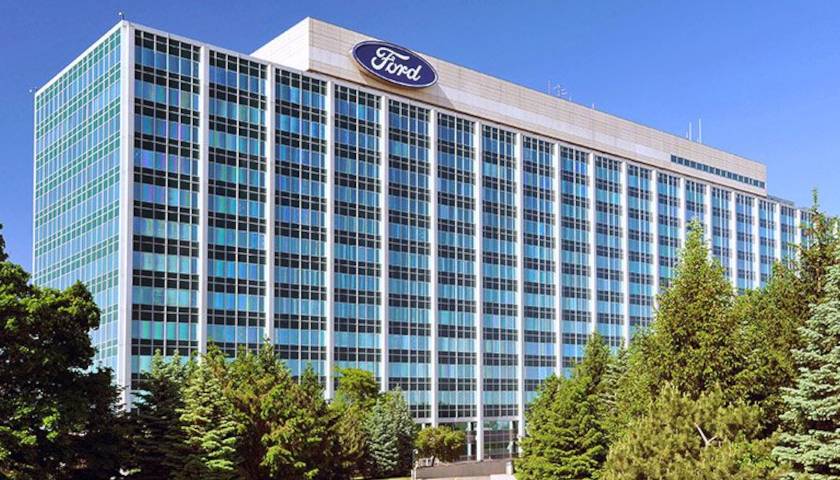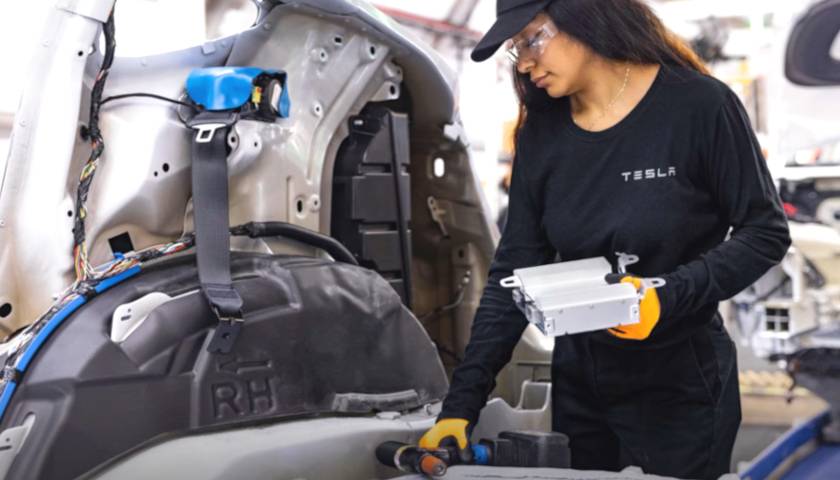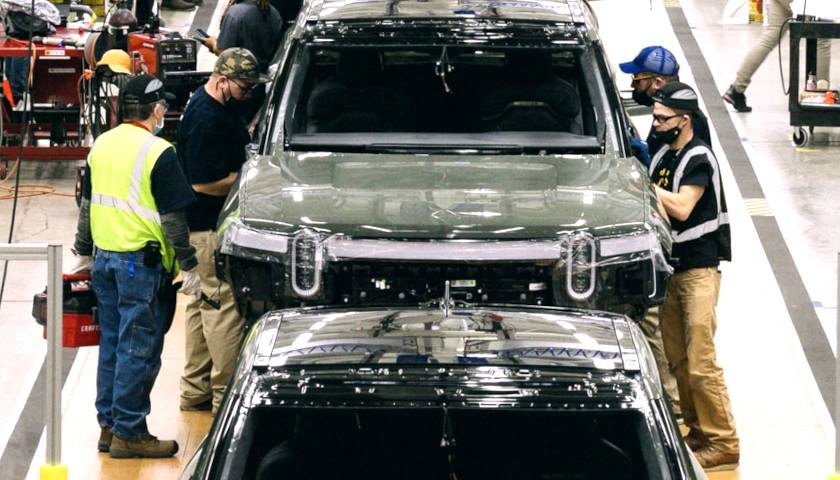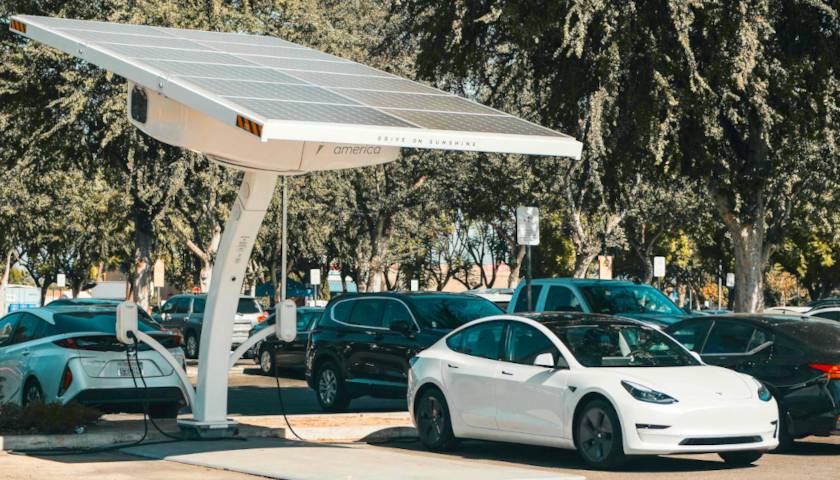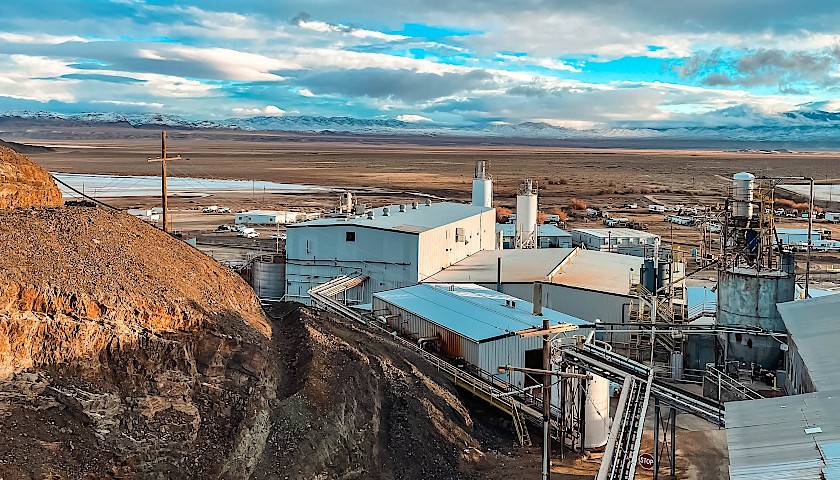Shareholders at auto manufacturing giant Ford Motor Co. voted down a proposal Thursday requiring that a report be compiled on the use of child labor in its electric vehicle (EV) line.
The proposal, which was presented by the National Center for Public Policy Research (NCPPR) at Ford’s annual shareholder meeting, called for Ford to report to shareholders the extent to which the company’s EV supply chain involves, depends or relies on child labor outside of the U.S., according to Ford’s proxy statement. The NCPPR called for the report due to the prevalence of child labor in the harvesting of the components used to craft EVs, particularly cobalt, which is commonly sourced from the Democratic Republic of the Congo (DRC).
Read More